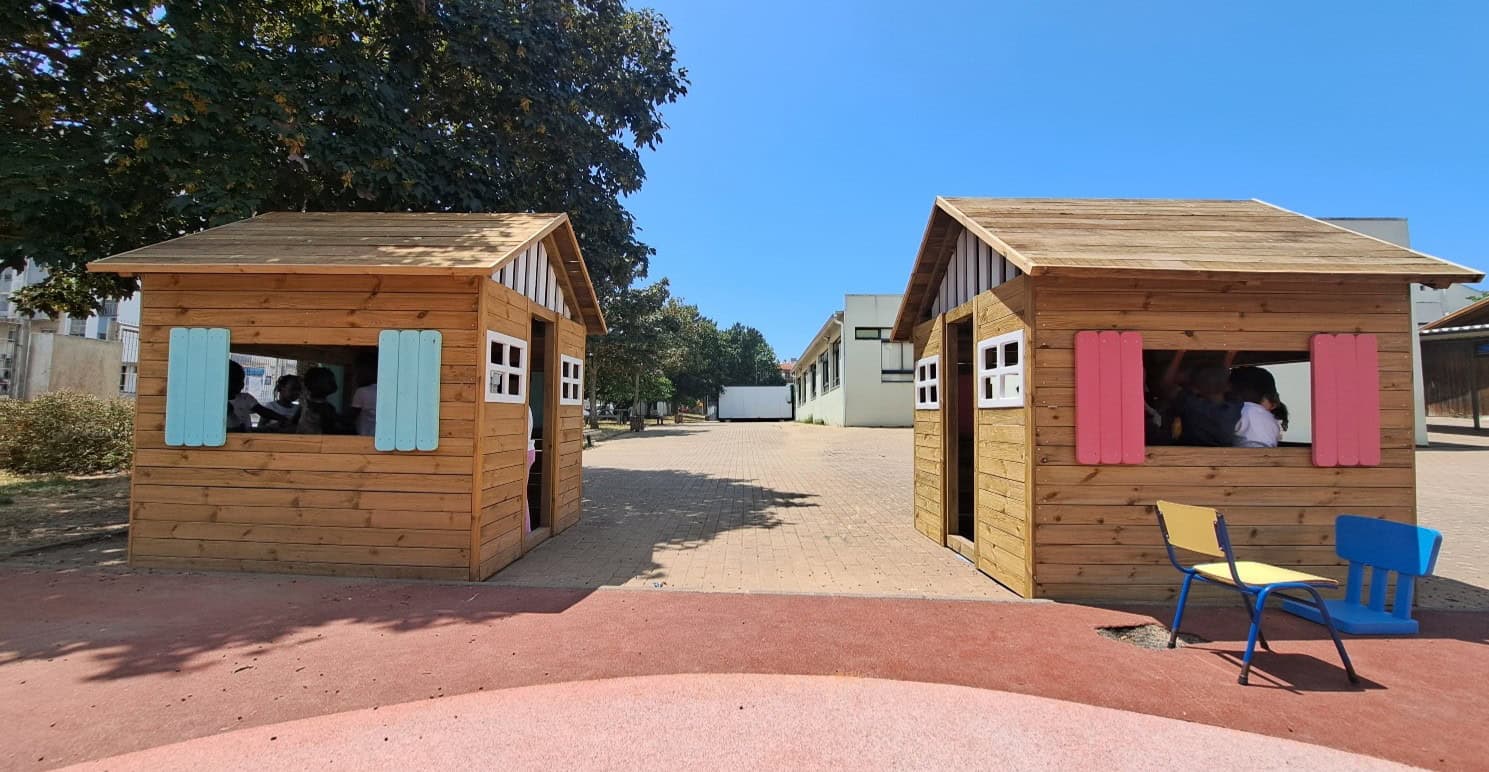Education is never just about textbooks and exams. It is also about cultivating a sense of belonging and community; it’s about building skills that help young people to thrive as adults in an uncertain world; and it’s about helping them see the value of lifelong learning. In three school clusters involved with Schools2030 Portugal – Golegã Azinhaga Pombalinho (AEGAP), Leal da Câmara (AELC), and Olaias (AEO) – teachers are using Human-Centred Design (HCD) to ensure that the teaching of these attitudes and values are integrated throughout a young person’s educational journey. Each school cluster faces different social and educational challenges, but all share a common ambition: to connect students more deeply with the world around them through culture, nature, and community.
A Range of Challenges
In Golegã, a rural community marked by demographic decline and growing cultural diversity, AEGAP is grappling with high dropout rates in secondary school. The challenge is not only academic but also cultural: many students are disconnected from their region’s rich heritage.
In Sintra, one of Lisbon’s most densely populated and diverse suburbs, AELC faces a different problem. Despite investing in outdoor learning environments, teachers were hesitant to embrace them in daily practice. With a highly multicultural student body, the cluster needed strategies to support children’s socioemotional development while strengthening teaching practices.
Meanwhile, in central Lisbon, AEO is dealing with some of the country’s toughest educational indicators including high absenteeism, dropout rates, and student disengagement. For many families, school is seen as irrelevant, even unnecessary. Here, the challenge is to rebuild trust: to show children and their families that school truly matters for their futures.
Connecting to Culture, Nature and Community
Faced with these contexts, the three schools designed very different but equally inspiring innovations to address the gaps they discovered through exploratory conversations with teachers, parents and students, and Schools2030’s holistic assessment tools.
AEGAP’s “Cooltura” takes learning beyond the classroom walls and into museums, theatres, and cultural institutions. Students receive a “cultural passport” that they fill with stamps as they attend five or more cultural events each year. The project not only improves a range of disciplines and creates valuable real-world experiences but also strengthens family bonds, as parents are invited to join. Above all, it seeks to help students value their cultural identity and see themselves as part of a larger community.
“It’s cool because we can go out, do things with friends, but also learn.”
Third cycle of basic education student at Escola Básica e Secundária Mestre Martins Correia.
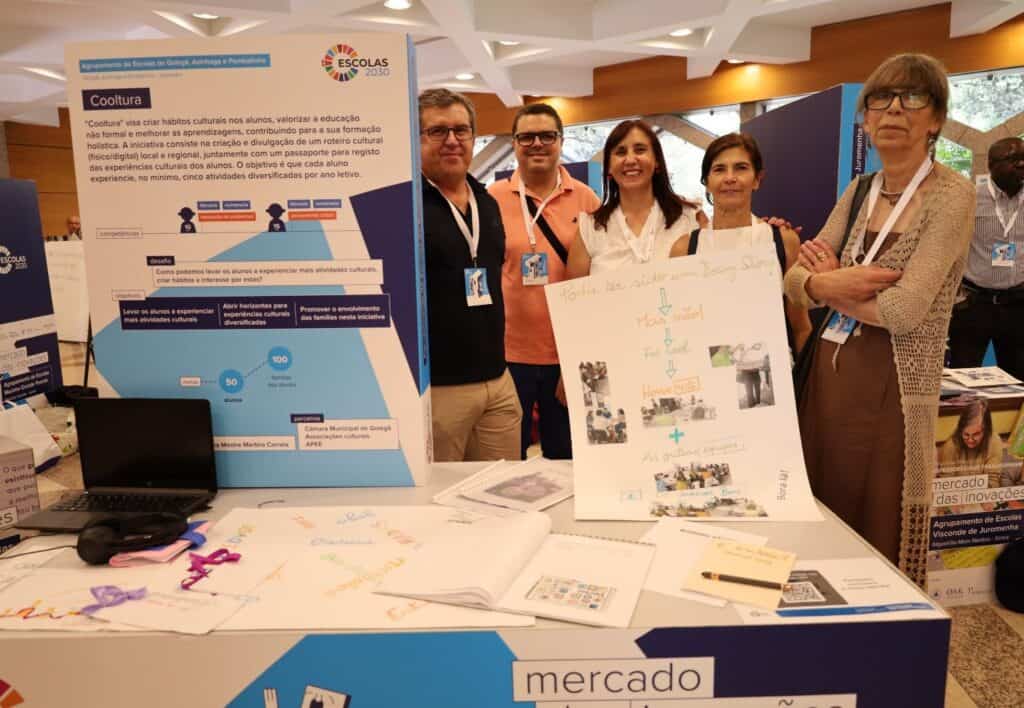
AELC’s previous work with HCD had seen them transform requalified playgrounds and schoolyards into vibrant educational spaces. From mud kitchens and outdoor libraries to educational gardens, these areas were designed to nurture curiosity, collaboration, and creativity. But further explorations showed that teachers were unsure of how to use these new spaces in their lessons and thus avoided them. The design team at AELC made this their new focus: providing guides, workshops, and showcases so to build teacher confidence in using outdoor spaces as part of the curriculum. When properly utilised, these spaces not only enhance regular lessons but also build student connection to nature and their wider environment.
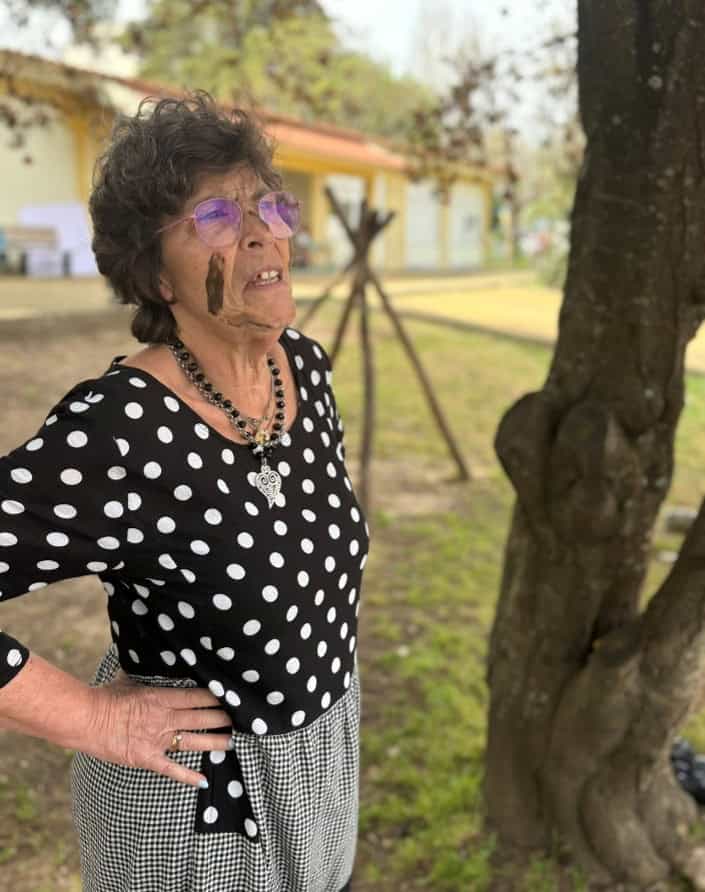
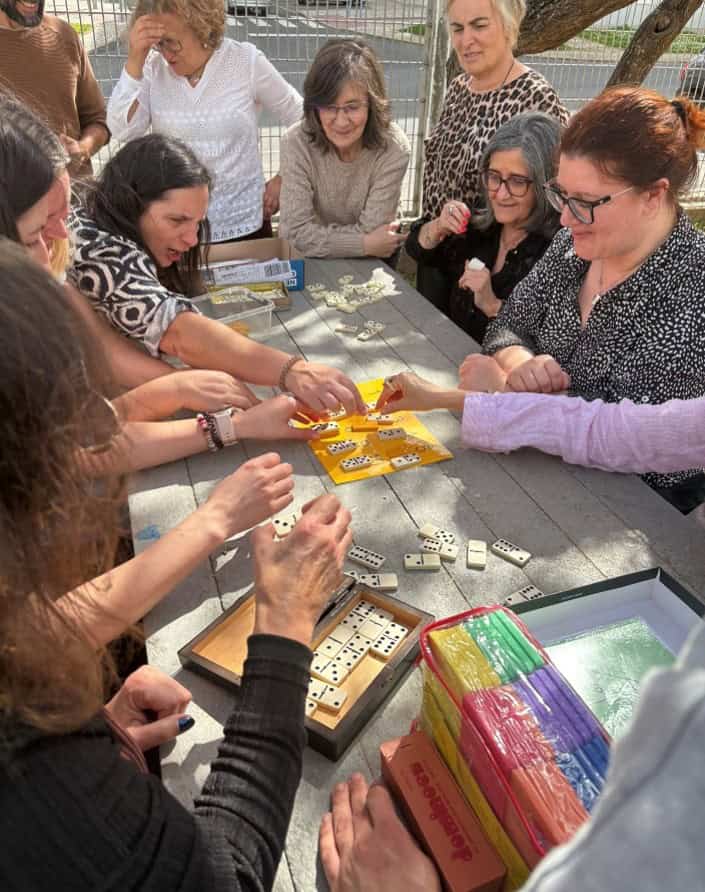
AEO’s “Hand in Hand with the Future” directly addresses student disengagement by turning families into partners. Activities bring parents, grandparents, and neighbours into the classroom and schoolyard, from interactive group lessons to community-wide events. Instead of being seen as part of the problem, families are made part of the solution. This shift has already begun to change mindsets: teachers now view parents not as obstacles but as allies, and students are more motivated when they see their families actively involved in school life.
Diverse Challenges, Shared Solutions
Though the strategies differ, the three innovations share several similarities. All move learning beyond traditional classroom walls – into cultural institutions, outdoor environments, or the heart of the community. All seek to develop not just academic skills but also socioemotional ones such as empathy, critical thinking, and relationship-building. And all rely on collaboration, whether with families, municipalities, or teachers themselves, as crucial to more meaningful engagement with students.
Crucially, each initiative recognises that education must respond to its local context. In rural Golegã, where dropout rates rise in secondary school, cultural engagement is the hook to keep students motivated. In Sintra, with its dense and diverse community, outdoor learning becomes a tool for inclusion and well-being. And in Lisbon’s Olaias, where school is often undervalued, involving families is the bridge to restoring trust.
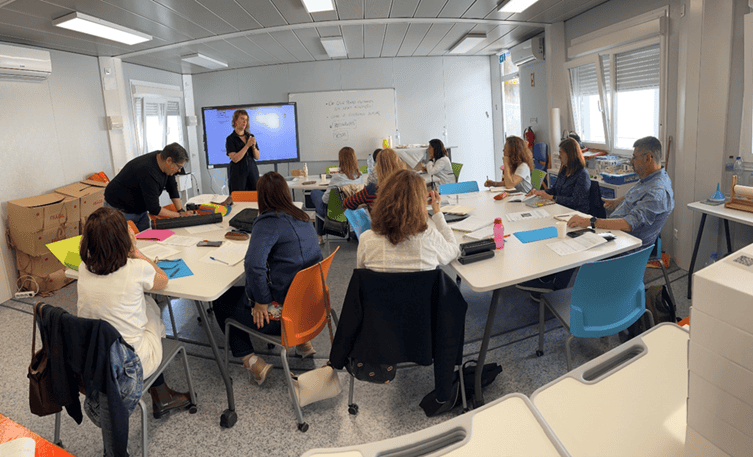
A Unifying Vision
In Golegã, students are learning to see culture as a powerful part of their identity, nurturing that crucial sense of belonging that sees young people commit to the good of society. In Sintra, they are discovering that the outdoors can be a classroom without walls and cultivate creativity, joy and a love for nature. And in Lisbon, seeing families stepping into school as trusted partners is building more trust across all these important relationships.
The amazing work of these schools and communities illustrate an important truth for those of us working in this sector: education thrives when it is rooted in community, culture, and connection. By widening the boundaries of where and how learning happens, these schools are not only improving academic outcomes but also nurturing the values, skills, and sense of belonging that young people need to flourish.
Different as they may be, these three innovations share a unifying vision: that education, at its best, is a collective journey—one that links students, teachers, families, and communities with a shared purpose for a better future.
Discover more of our work in Portugal.
